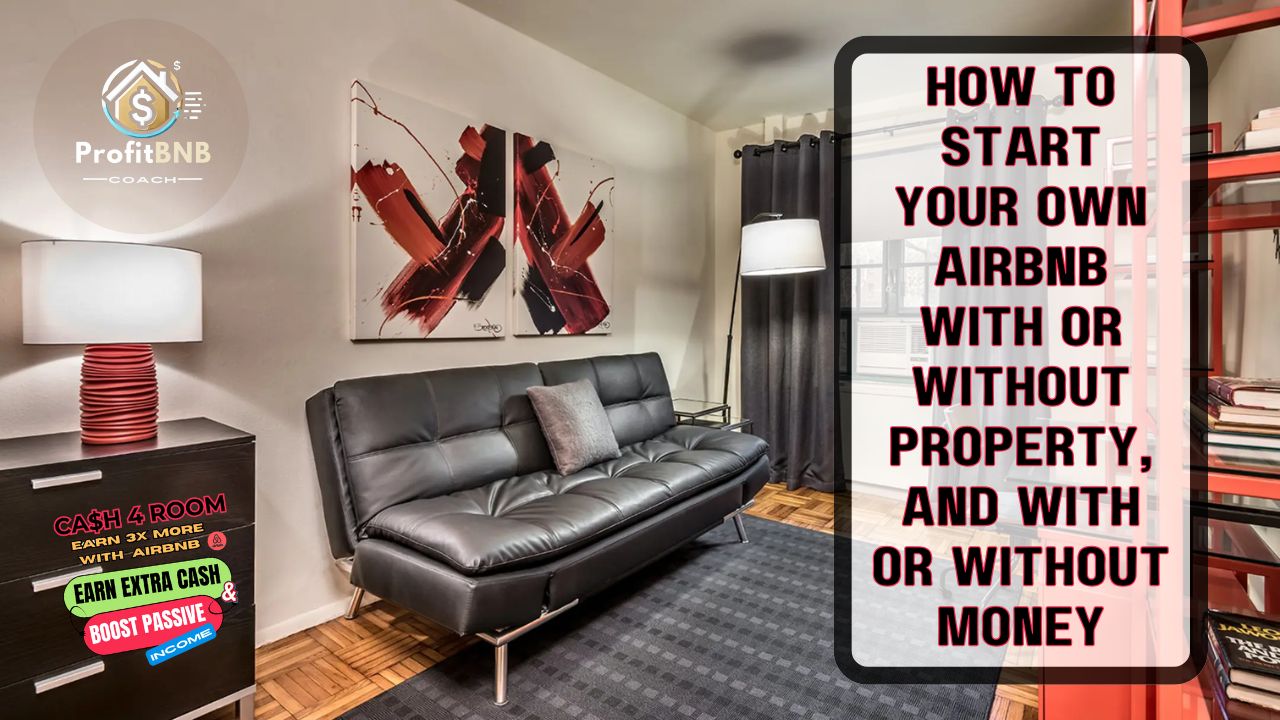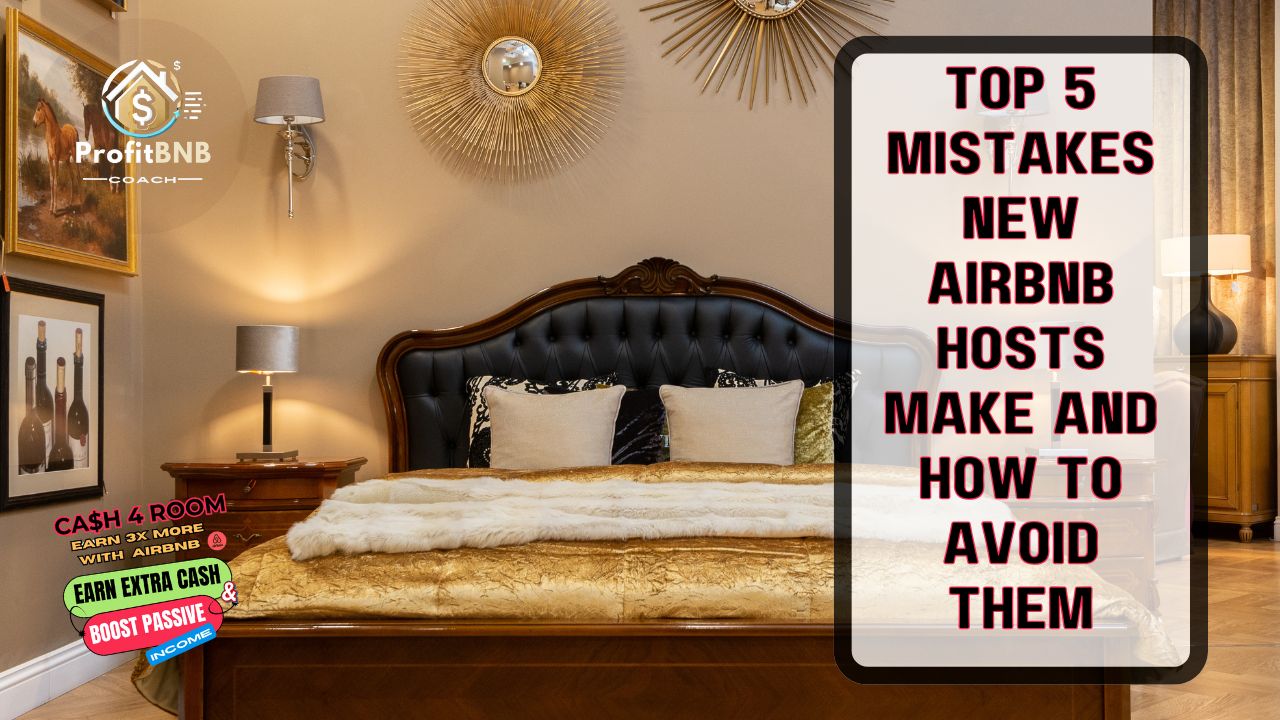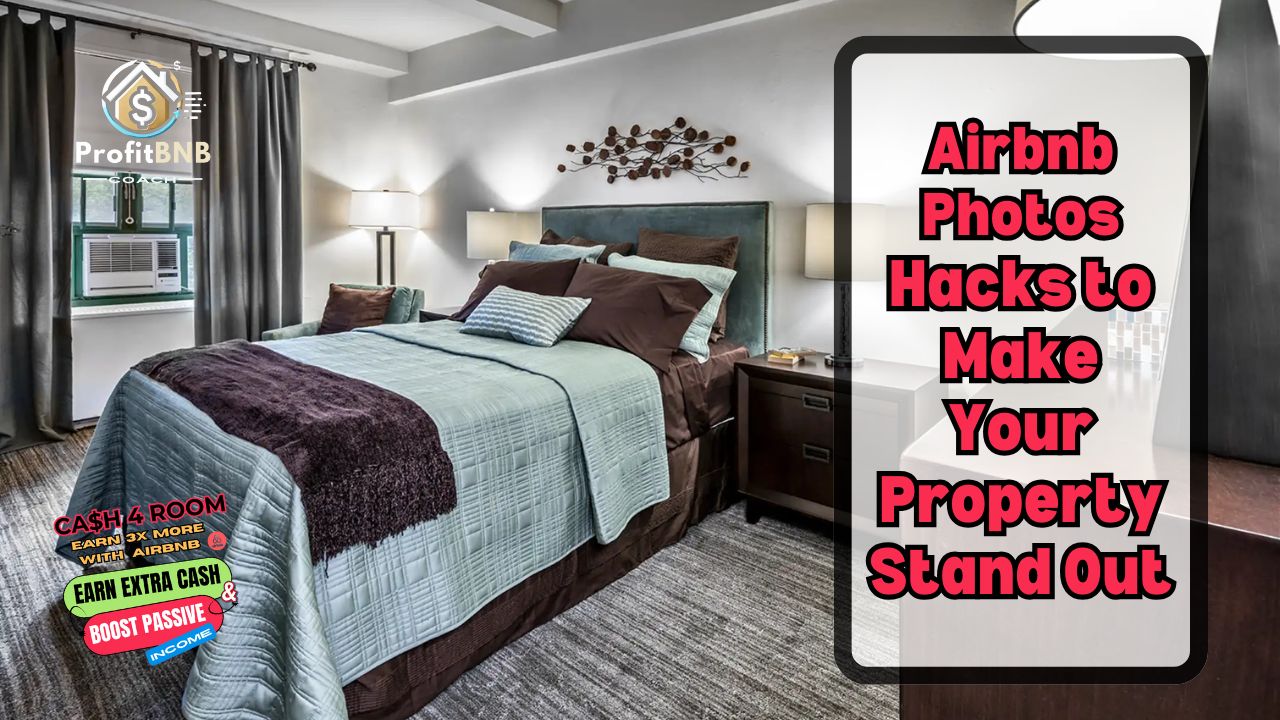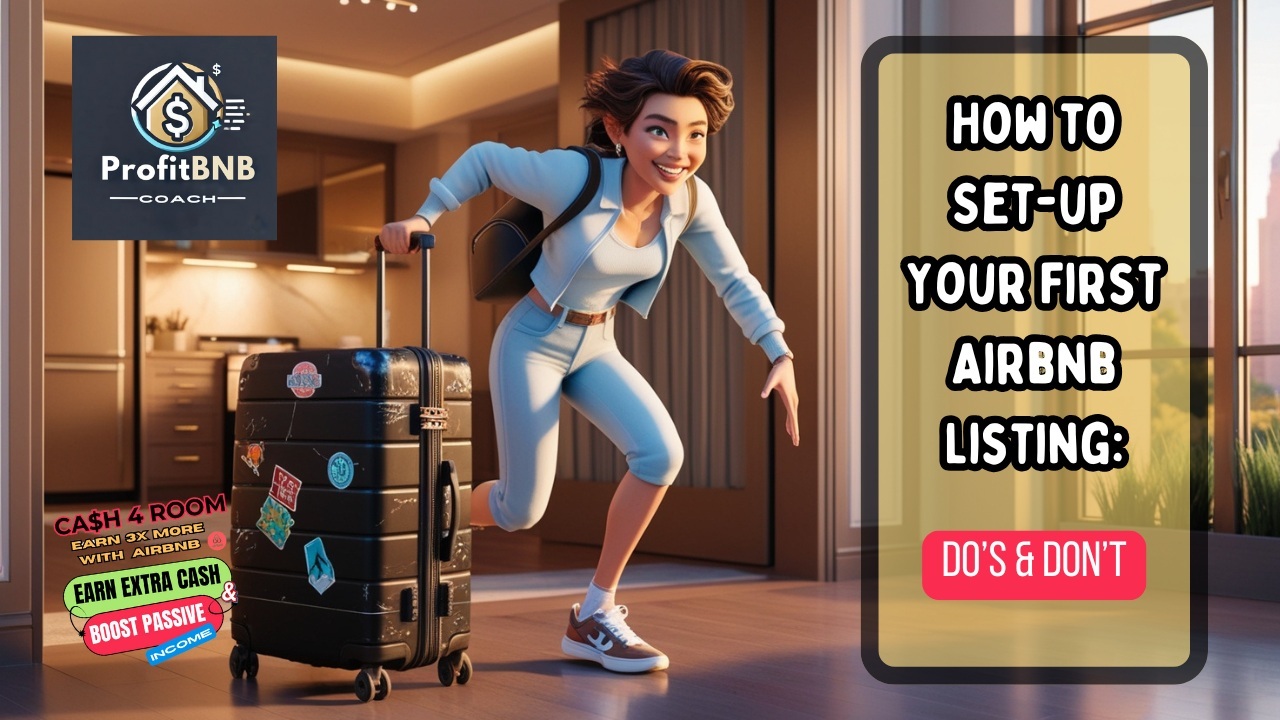How to Start Your Own Airbnb—With or Without Property, and With or Without Money
Introduction
Have you ever dreamed of running your own Airbnb but thought you needed to own a property or have a lot of money to start? Think again! The world of short-term rentals is full of opportunities for creative entrepreneurs. Whether you have a property or not, and whether your budget is big or small, there’s a way to make this work for you. Let’s break it down step by step!
1. Using Your Own Property
If you already have a property, starting an Airbnb is much easier. Here’s what to do:
Do’s:
- Start Small: Use a spare room, basement, or even a guesthouse.
- Make It Comfortable: Provide clean linens, toiletries, and cozy decor.
- Highlight Key Features: If your property is close to attractions, has a great view, or offers unique amenities like a pool, be sure to include that in your listing.
Don’ts:
- Don’t overpromise in your description. Be honest about what guests can expect.
- Don’t skip professional photos—this is your first impression.
2. Without Owning Property
No property? No problem! Here are two creative ways to get started:
Rent-to-Host Model:
- Rent a property, but be upfront with the landlord about your intention to list it on Airbnb. Many landlords are open to this if you pitch it right.
- Make sure short-term rentals are allowed in your area and follow any local regulations.
Co-Hosting:
- Partner with property owners who don’t want to manage hosting themselves.
- You handle everything from setting up the listing to communicating with guests, and you split the profits.
3. Starting With No Money
If your budget is tight, there are still ways to break into the Airbnb world:
Leverage Sweat Equity:
- Offer to manage someone else’s listing in exchange for a percentage of the earnings.
- Help hosts with tasks like cleaning, guest check-ins, or optimizing their listings.
Use Existing Tools:
- Create a great Airbnb profile with strong reviews from past stays. This builds trust if you’re starting out as a host.
- Use free apps for pricing strategies, guest communication, and marketing.
Case Study: Sarah’s Success Without Property or Money
Sarah wanted to start hosting but didn’t own a property. She approached a neighbor with an empty basement apartment. After convincing them to let her manage it on Airbnb, they agreed to split the profits. Sarah used free tools to write a killer listing and attract guests. Within her first month, she earned enough to invest in another co-hosting deal.
Tips for Creating a Winning Listing
- Use Long-Tail Keywords: Think about what guests search for, like “cozy downtown apartment near restaurants” or “family-friendly home with backyard.”
- Highlight Benefits: Talk about the location, amenities, and what makes your property unique.
- Be Transparent: If you don’t have a large outdoor space, don’t mention it!
Need Help Getting Started?
Starting a short-term rental business can feel overwhelming at first, but you don’t have to do it alone! Whether you need help launching your Airbnb, ensuring compliance, or managing an existing short-term rental, we’ve got you covered. Schedule a talk with a mentor coach today to get personalized advice and support tailored to your needs.
Schedule your consultation here!
Conclusion
Starting your own Airbnb is possible no matter your circumstances. Whether you have property or not, and whether you’re working with a big budget or none at all, there are creative ways to make it happen. With the right mindset, clear communication, and a little hustle, you can build a successful short-term rental business.
So, what are you waiting for? Take that first step, and soon, you’ll be hosting happy guests and earning extra income.
#AirbnbBusiness #ShortTermRentals #HostingSuccess #HowToStartAnAirbnb #RentToHost #CoHostingTips #NoMoneyStartup #AirbnbCoaching #ShortTermRentalMentor











